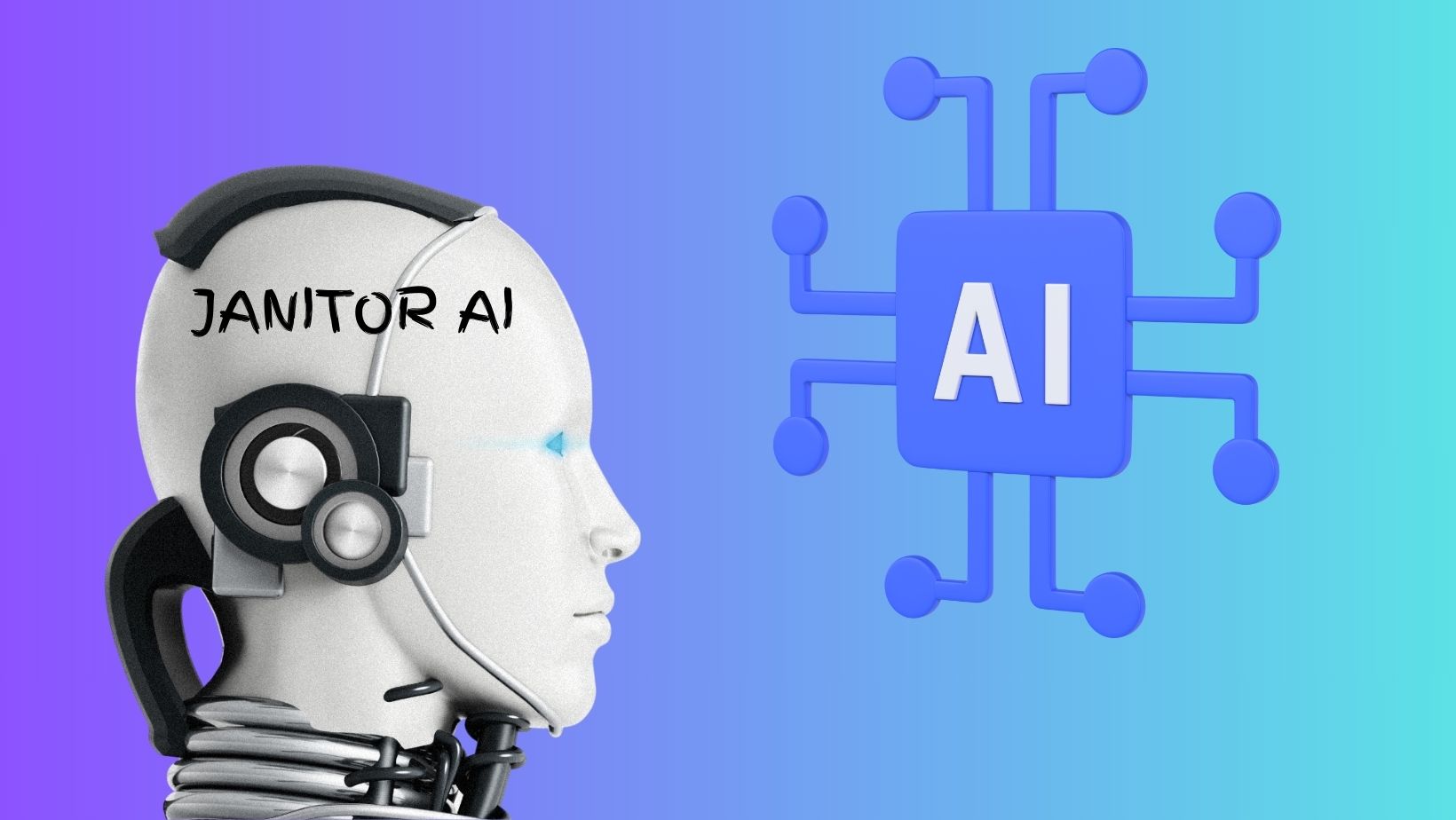The tech world is developing faster than ever some recently. Companies are hungry for skilled IT experts. But how do you begin a career in IT jobs? A fantastic place to start your career in IT is with entry-level positions. These roles frequently require little to no experience and give the chance to learn on the work. Let’s go into the most common entry level IT jobs, what they include and what are it types for entry level.
What is IT?
IT, it is stand for Information Technology, encompasses the utilize of computers and telecommunications equipment to manage information. It includes hardware, software, networks and the people who work with them. The IT industry is endless, with roles extending from computer software improvement to arrange network administration.
Why Choose an IT Career?
The IT industry gives several compelling reasons to consider it as a career way. Firstly, it is energetic field with consistent advancements, promising nonstop learning and development. Secondly, IT experts are in high demand over industries, ensuring job security. Thirdly, there is a good chance of earning a competitive salary. Lastly, IT jobs regularly come with advantages like adaptable work courses of action and also good opportunities for remote work.
Common Entry-Level IT Jobs
Now that you have a basic understanding of the different types of IT jobs, let’s jump into particular roles. Entry level IT jobs are good for those who are fair beginning out. They do not require much experience and are a incredible way to get your foot in the enterway.
What are the Different Areas of IT?
The IT world is differing, advertising a wide run of specializations. Following are some of the entry level main types
Software Development: Creating and maintaining software applications.
Hardware Engineering: Designing and building computer systems.
Networking: Building and maintaining computer networks.
Database Organization: Overseein and organizing data.
Cybersecurity: Securing computer frameworks and system from attacks.
IT Support: Making a difference clients with computer-related issues.
Entry-Level IT Jobs
Help Desk Technician
A offer assistance work area specialist is often the first point of contact for employees or customers experiencing IT issues. They provide remote or in-person technical help, troubleshoot problems, and provide solutions.
Key Responsibilities:
Answering approaching bolster calls, emails or tickets.
Diagnosing and settling computer hardware and software issues.
Providing basic technical guidance and troubleshooting steps.
Escalating complex issues to higher-level technicians.
Required Skills:
Good Strong problem solving abilities.
Great communication and interpersonal skills.
Basic information of computer hardware and software.
Patience and a customer oriented approach.
IT Support Specialist
Building upon the foundation of a help desk professional, IT support specialists handle more complex specialized issues. They may give support for organize framework, servers or particular applications.
Key Responsibilities:
Investigating errors, Installing and configuring related computer hardware and software.
Providing technical support for network foundation and applications.
Performing routine system maintenance and monitoring.
Documenting IT processes and procedures.
Required Skills:
In-depth information of computer hardware and software.
Networking fundamentals.
Capacity to operate both individually and together.
Great analytical and problem solving skills.
Network Administrator
Computer networks need to be maintained and investigated by network administrators. They guarantee that the network’s stability, security and efficiency of network.
Key Responsibilities:
Setting up, organising and managing network hardware.
Monitoring organize performance and investigating issues.
Implementing network security measures.
Managing network user accounts and permissions.
Required Skills:
Strong understanding of networking protocols and technologies.
Proficiency in network operating systems.
Security awareness and knowledge.
Attention to detail.

Systems Administrator
Systems administrators supervise the operation and maintenance of computer frameworks, including servers, databases and applications. They ensure system performance, reliability, and security.
Key Responsibilities:
Operating system and software creation, installation and maintenance.
Monitoring system performance and related issues.
Implementing system security measures.
Performing system backups and recovery procedures.
Required Skills:
Solid familiarity with server hardware and operating systems.
Strong problem solving abilities.
Understanding of system security best practices.
Ability to script or program.
Web Developer
Websites and Online application are created and maintain by web developers.
They always monitoring and keep an eye on back-end (server-side) and front-end (user interface) development.
Key Responsibilities:
Designing and creating website formats and user network.
Writing code and utilizing programming languages like HTML, CSS, JavaScript.
Testing and debugging web applications.
Collaborating with designers and other developers.
Required Skills:
Strong understanding of web development, including HTML, CSS, JavaScript, and so forth.
Knowledge of how the client experience (UX) and client interface (UI) are designed.
Problem solving and consideration to detail.
Creativity and adaptability.
Database Administrator (DBA)
Maintaining and managing databases is the responsibility of DBAs.On the accessibility, security, and integrity of the data, they offer guarantees.
Key Responsibility:
Designing and implementing database structures.
Maintaining database performance and efficiency.
Ensuring data security and backup.
Troubleshooting database issues.
Required Skills:
Strong understanding of database concepts and SQL.
Data modeling and design skills.
Knowledge of database administration tools.
Analytical and problem solving abilities.
Essential IT Skills for Beginners
Before diving into particular job roles, it is important to build a solid foundation of IT abilities or skills. These skills are frequently transferable over different positions, making them important assets for your career.
Basic Computer Skills: Capability in operating systems like Windows and macOS and as well as recognition with common software applications (Microsoft Office Suite, Google Workspace), is essential.
Problem-Solving and Investigating: Good power to recognize, analyze and resolve particular issues is a important competency in IT.
Communication Skilled: Great communication for both written and verbal is significant for collaborating with colleagues, user and stakeholders.
Customer Benefit Introduction: Numerous IT parts include collaboration with clients, so a solid client benefit attitude is beneficial.
Learning Nimbleness: The IT industry is continually advancing, so the capacity to learn modern innovations and adjust to alter is pivotal.



